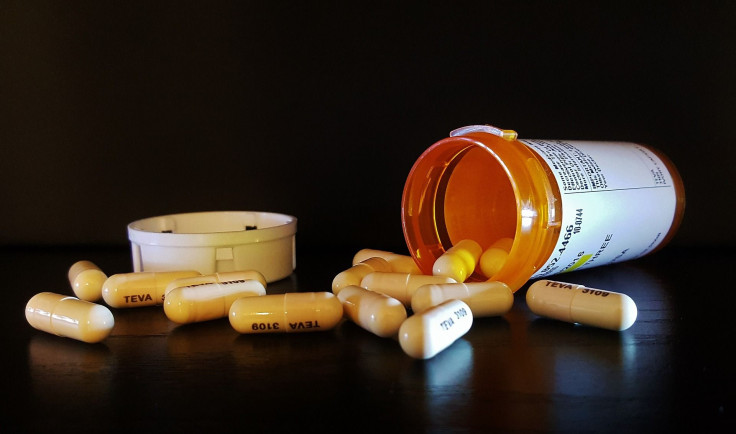Gut Bacteria Show Us How Antibiotics Cause Infections And Create Antibiotic-Resistant Superbugs

Modern medicine would be lost without antibiotics. Before 1928, the year when penicillin was first discovered, minor cuts and wounds could be fatal. And if antibiotics were never developed, it would be impossible to perform many of the modern health procedures and surgeries we see today. Antibiotics are an invaluable tool for fighting bacterial infections, but according to a new research report, antibiotics also cause devastating health consequences by manipulating our bodies’ natural bacteria. Published in Trends in Molecular Medicine, the report outlines three major lessons that researchers have learned about antibiotics from the bacteria found in the human gut.
Antibiotics Alter the Body To Favor Infections
The human microbiota, a term used to describe the collective group of microorganisms that live inside our bodies, includes beneficial, intestinal bacteria that help stabilize our immune system. These bacteria inhibit invading microbes, and signal the immune system to produce an appropriate response in the presence of an infection. Antibiotics, however, diminish the population of these beneficial bacteria.
“The effects of such perturbations are long-lasting and can have multiple consequences, including increased susceptibility to infections, the potential to develop allergies, a predisposition to develop metabolic syndrome, and decreased efficacy outcomes of pharmacologic therapies,” the report states.
These disruptions to the human microbiota can occur during infancy whenever a doctor prescribes antibiotics. They can wipe away the beneficial bacteria from the body during critical periods of immune development, which puts the baby at risk for childhood disorders like asthma and weight problems, all of which can persist into adulthood.
Antibiotic Use Drives Antibiotic Resistance
“Superbugs,” or bacteria that are resistant to antibiotics, have been a rising health concern. According to the Centers for Disease Control and Prevention, at least two million people become infected with antibiotic-resistant bacteria every year, and at least 23,000 of those people die. If superbugs continue to evolve at their current rate, by the year 2050, 10 million people are expected to die annually from otherwise curable diseases. Currently, one in seven hospital-acquired infections is caused by superbugs.
What is ironic about the rise of superbugs is the fact that antibiotics themselves cause the resistance. Genes that make certain bacteria resistant to antibiotics can be found naturally in all kinds of bacterial communities; however, antibiotics kill off bacterial populations without such genes, leaving only the antibiotic-resistant bacteria alive, and allowing them to rapidly multiply and transfer their resistant genes to other bacterial groups. Eventually, this process creates superbugs that are resistant to multiple drugs.
“Recent research has shown that the pool of antibiotic-resistant genes within an individual's microbiome ‘expands over time’ as the person ages and is exposed to more antibiotics,” the report states. Based on this notion, the researchers strongly advise medical professionals to avoid prescribing unnecessary antibiotics to eliminate the spread of antibiotic resistance.
Antibiotics Aren’t the Only Way to Treat Infections
“Novel strategies are being developed to substitute or complement antibiotic therapies, attempting either to selectively target pathogens without perturbing the microbiota and/or to reestablish [beneficial bacteria],” the authors wrote.
One complementary treatment that the report cites is a method that promotes immune cells’ production of antimicrobial factors, which has been shown to protect mice from bacterial infections. Other alternatives include the use of Bacteriocins, a type of protein produced by beneficial bacteria to kill pathogens, as well as gene editing, which could be used to cut out antibiotic-resistant genes from superbugs.
While each of these approaches is currently in clinical development, they provide a new sense of hope for limiting the use of antibiotics.
Source: Becattini S, Taur Y, Pamer EG. Antibiotic-Induced Changes in the Intestinal Microbiota and Disease. Trends in Molecular Medicine. 2016.



























